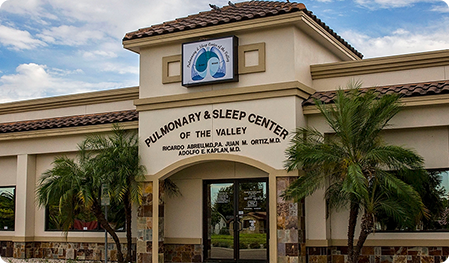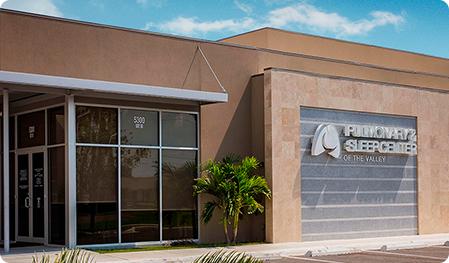CBT Treatment
Cognitive-behavioral therapy can take a number of forms, based upon what your provider believes will be most helpful for your sleep needs. These approaches include the following:
Stimulus Control
This approach focuses on creating positive associations with bedtime and sleep.
Cognitive Restructuring
This approach focuses on breaking cycles of worry and negative thought patterns that inhibit sleep.
Relaxation Training and Biofeedback
This approach teaches you skills such as muscle relaxation and breathing to help you relax and let go of tension while you are in bed.
Sleep Restriction
This approach temporarily reduces a person’s time in bed in order to increase the amount of time they spend sleeping in bed and break habits of lying awake for hours.
Sleep Hygiene Training
This approach teaches you healthy habits that support sleep, such as consistent bedtime routines, electronics avoidance at night, and other strategies.





